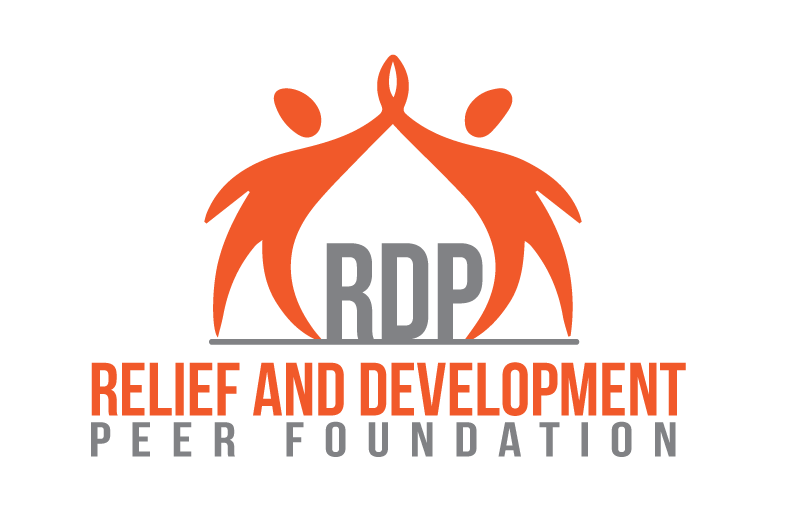How the Displaced Suffer in Camps
Marwa Hasan, a twenty five-year-old married housewife, she used to live happily with her husband and her six children (3 sons and 3 daughters). She was living in a convenient home and good environment in Al Hudayda city before the armed conflicts and airstrike started in 2015.
Seven years ago, their lives changed drastically when the entire family was forced to flee. “The cries of my little children of hunger and fair enforced me to flee with my family to a safer place where I can feed them and provide the minimum life needs. We found the Cemetery IDPs’ camp in Bajil city of Al Hudyuda governorate and we made it our home to protect and feed my scared children” Marwa said wistfully.

Her 35-year-old husband, named Abdullah, works as a daily worker in collecting trash, but he gets a very small amount of money that does not cover the expenses of a single meal for his children. “I go to beg every day to help my husband, and my children also go to the city streets to collect empty cans and plastic water bottles, which they sell at the end of the day.” Marwa said sadly. Marwa sighed and continued: “We work under the blazing sun for long hours in order to get a little money to cover the significant daily needs or at least the cost of one meal a day.”
Her children quit schools as they need to work and assist their parents and there is no chance that their parent could cover their education expenses. “I work along with my younger siblings arduously to collect cans and plastic bottles daily, but when we go to sell them, they weigh no more than three Kgs, and the price of a kilo does not exceed 300 Yemeni Rials.” Bashar said, Marwa’s eleven-year- old son. Marwa’s youngest daughter Mariam, aged one year old, has a disability in her eye as she cannot see in it and due to the hard circumstances they are living in, they could not offer the cost of medicines or surgery.
Marwa’s family lives in one narrow room without a solid roof that lacks the minimum life needs, where they had only a pan to cook in; whereas, there were no blankets neither mattress to cover them in winter, they have only cartons and some old worn sheets they use to cover their chilly bodies. Furthermore, they are also at high risk of physical attack, sexual assault and abduction as the live in an open place where there is even no door to protect them or have privacy. What is more that they suffer of poor healthcare, clean water, sanitation (They do not have their own bathroom and they practice open defecation), and hygiene (They live near to a large garbage dump which causes unclean environment full of dangerous insects and snakes), therefore, these poor conditions are mutually reinforcing to expose them to high risks of SAM, Cholera, Diphtheria and other diseases. In this unlivable situation, these IDPs need to be supported with an integrated food security, nutrition, health, WASH and livelihoods project which will help them to live in normal, healthy, and safe conditions again.
